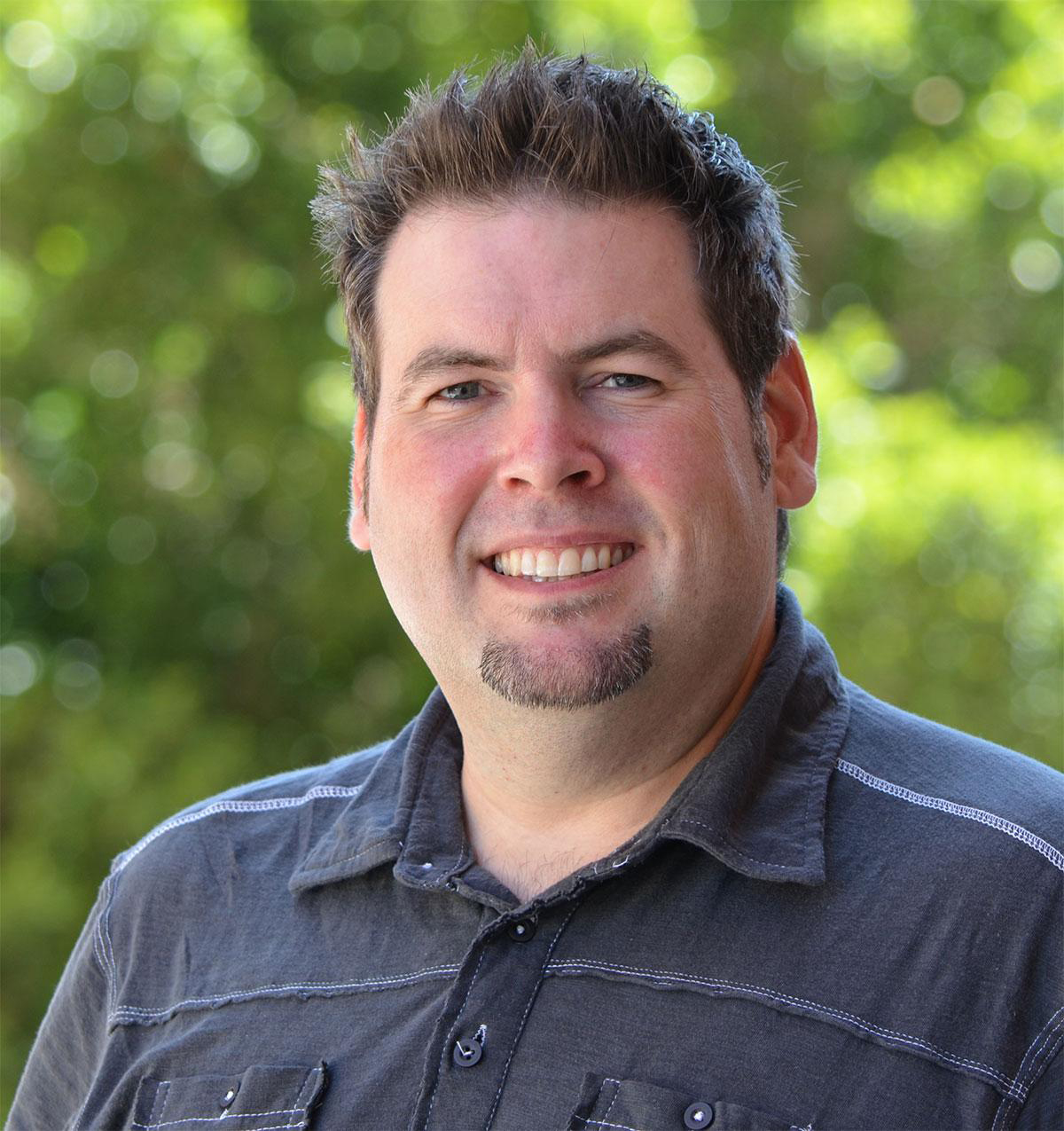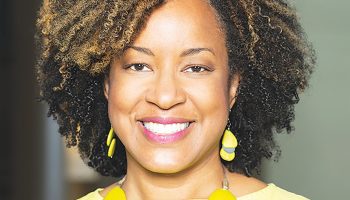Eat real food, and not too much of it.
That’s what author Michael Pollan suggests in his book Food Rules: An Eater’s Manual. However, Jason Robert believes this advice isn’t as simple as it sounds.
“The idea of what counts as real food is one that’s challenging, and what ‘too much of it’ actually means is a little bit confusing as well,” Robert said.
Pollan lays out nine “rules of thumb” in an article for The New York Times Magazine, such as “Don’t eat anything your great-great-grandmother wouldn’t recognize as food,” and 64 “food rules” in his eater’s manual to clarify how one can successfully “eat right.”
Although Pollan’s advice in his book is revered as bringing simplicity to this complex dilemma, 64 rules is a lot to think about on a daily basis. For Robert, the complexity of how to eat right — despite Pollan’s efforts — is still a problem without a defined solution, and one that he plans to discuss in his lecture at 4 p.m. Monday in the Hall of Philosophy.

“Generically, that’s good advice,” Robert said. “The trouble is how to actually fit that into both a dietary regimen that makes sense to us individually, as well as into an affordable, sustainable lifestyle. It’s not always clear how to do that.”
Robert, whose lecture will be the final in the 2017 Lincoln Applied Ethics Lecture Series, holds the Lincoln Chair in Ethics and is director of the Lincoln Center for Applied Ethics at Arizona State University.
“One of the things that became increasingly clear to me is that, though there is a long history … of experimental work in nutritional science, I’m not convinced that the experiments have been well enough designed to be able to yield appropriate insight,” Robert said.
Robert points to numerous different diet fads — such as the Mediterranean, Paleo, Primal, Blood Type and Asian diets — as examples of the extensive contradicting nutritional information. He said that they are all “scientifically supported in one sense or another and all of them are potentially effective, but also potentially quite problematic for people.”
“The real question is, ‘What is a well-intentioned, health-conscious person to do when faced with overwhelming and yet conflicting evidence that Diet A versus Diet B versus Diet C is the right one?’ ” Robert said.
According to Robert, there are a couple different responses to this problem.
“One of them is: it really depends on you. There’s a lot of individual variation,” Robert said. “It could just be that there’s so much variation from individual to individual that the science is all perfectly well done, it just happens to apply to a smaller subset of the population (rather) than to everybody.”
However, even though individual variation may generally be influential, Robert believes there are still better and worse ways to fuel one’s body.
“One of the things that I’m increasingly concerned about … is that we’ve got a kind of nutritional chaos out there,” Robert said. “That is, nutritional science is full of well-justified, contradictory recommendations or findings.”
Along with this “nutritional chaos,” Robert identifies other factors that affect this nutritional dilemma, such as the stigmatization of obesity by medical professionals and the role marketing plays in the public’s perception of “what food is healthy.”
For Robert, the question of how to eat right is a personal one.
“I used to weigh about 90 pounds more than I weigh now,” Robert said. “I got thinner, got fitter, but in a way that might be referred to as orthorexic.”
Orthorexia Nervosa, as defined by nutritional therapist Karin Kratina on eatingdisorders.org, is not currently recognized by the Diagnostic and Statistical Manual of Mental Disorders, but covers “those who have an ‘unhealthy obsession’ with otherwise healthy eating.”
“Orthorexia starts out as an innocent attempt to eat more healthfully, but orthorexics become fixated on food quality and purity,” Kratina wrote. “… Eventually food choices become so restrictive, in both variety and calories, that health suffers — an ironic twist for a person so completely dedicated to healthy eating. Eventually, the obsession with healthy eating can crowd out other activities and interests, impair relationships, and become physically dangerous.”
Robert began his personal quest to eat right with the simple goal of being “fit by 40.” He achieved this, but said he became unfit again and refocused to get “fit by 45.”
“I just turned 45 (and) I’m sort of fit now,” Robert said. “But what’s it going to take for me to be fit by 50 and beyond?”
He said at times he worries that he still suffers from orthorexia, where he is “potentially debilitated as a function of that obsessiveness” over what he eats.
“Counting every single almond that ever crosses my lips and so forth,” Robert said.
Robert, who defines himself as an emotional eater, hopes to not only share his personal story in his lecture and master class but also to talk through possible effective strategies to help people on their own nutrition journeys.




